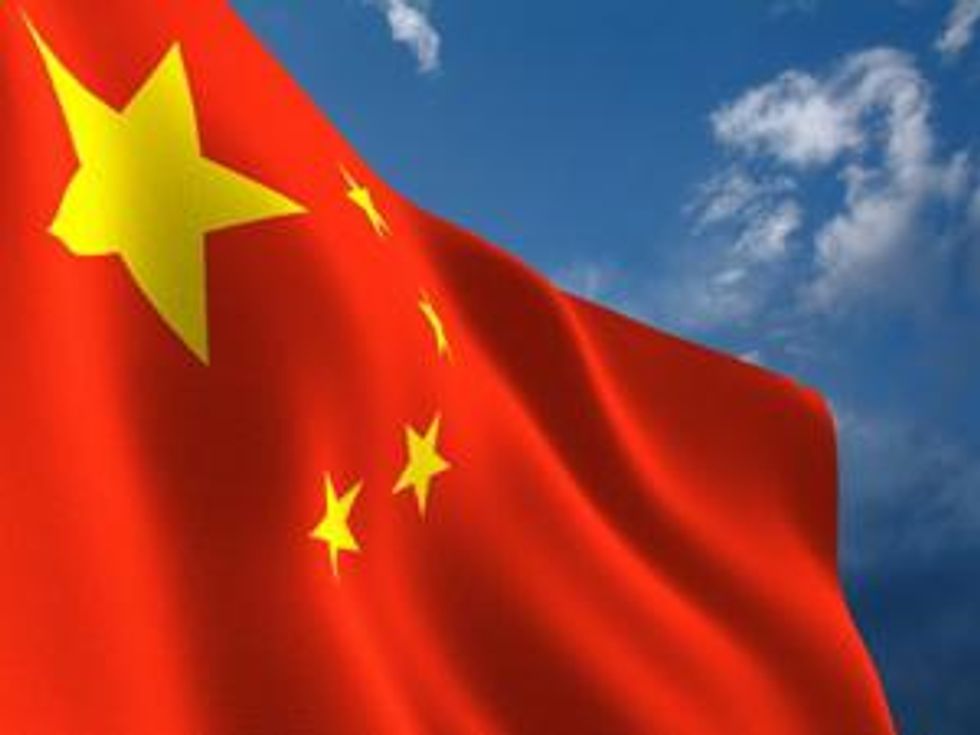A Look Inside the Chinese Steel Market: Interview with Hebei Iron & Steel
INN Senior Editor Andrew Topf interviewed the president of Hebei Iron & Steel Group.
Hebei president Tian Zejun was in Vancouver last week to attend the annual general meeting of Alderon Iron Ore (TSX:ADV), a Canadian company with an iron deposit in Canada’s Labrador Trough. Hebei has invested C$182.2 million in Alderon in exchange for a 19.9-percent equity share in the company, along with a 25-percent interest in its Kami project. The steelmaking giant will take 60 percent of the mine’s output once it goes into production, Alderon has stated.
IIN: We’ve heard a lot about the economic slowdown in China, of course. How healthy is the Chinese steel industry right now?
Tian Zejun: The Chinese steel market, you’re right, is in a difficult time and this is caused by overcapacity in Chinese steel mills. The Chinese economy is not as robust as previously, but it’s still pretty healthy. The new government is trying to stabilize growth, so the economy doesn’t grow too fast because high growth over the past 20 years has also caused some negative impact to the society. So the current government is trying to pursue moderate growth more determined by the market — this is from a very famous Chinese economist. Although the steel industry is in overcapacity, the current production can be sold in the market; the demand is still strong.
IIN: When do you see the overcapacity situation resolving?
TZ: Although it’s hard to say the exact time, recently the Chinese government has tried to solve this issue by getting rid of marginal players. Particularly for the steel mills around Beijing and Hebei province, if you have an old facility that can’t meet the environmental standards, the government will force you to shut down, so then we lose the old plant’s capacity. Those plants that can’t meet the environmental standard are typically old and small scale. Companies like HBIS can meet the standards, so their capacity is still quite good.
IIN: So it’s a similar situation to what’s happening with rare earths in China?
TZ: Yes. Also, the current market mechanism will get rid of marginal players because steel prices are down right now.
IIN: I read recently that China is going to scrap the import licensing system for iron ore. What effect will this decision have on Chinese steel mills?
TZ: With this decision, China is giving more freedom to let steel mills buy iron ore; previously, they had a limited number of traders, or middlemen. Now the government is encouraging the users to buy directly from iron ore producers.
IIN: Will this change be good for iron ore prices, or will it be bad or neutral?
TZ: Overall for the market mechanism it’s good because people can now buy face to face. But for a company like Hebei it has no major impact. It has a negative impact on the traders. It will have a neutral impact on the price.
IIN: In seeking an offtake partner, why did Hebei decide to go with a company in Canada versus, say, Australia, where the shipping costs would be lower?
TZ: The very simple criteria is this project was the most attractive to us. At that time there were several business opportunities talking to us, one in Chile and one in South Africa, but this opportunity fit the best. The first point is the size of the resource, the second is we believe that Canada is a very stable country to make a long-term investment; the risk is low compared to other places such as Southeast Asia or Africa. Overall, the project has good economics. After two years working with Alderon, we’ve become more confident.
IIN: Okay, and how about the comparison with Australia as an offtake location?
TZ: As a company we want a project that has a big scale, with a big long-term reserve, and we can’t find any comparable project in Australia at this time.
IIN: Thank you for speaking with us, Mr. Zejun.
TZ: Thank you.
Securities Disclosure: I, Andrew Topf, hold no investment interest in any of the companies mentioned.
Related reading:
What Every Investor Needs to Know About the Labrador Trough
Iron Ore Prices Stabilizing on Chinese Steel Demand
